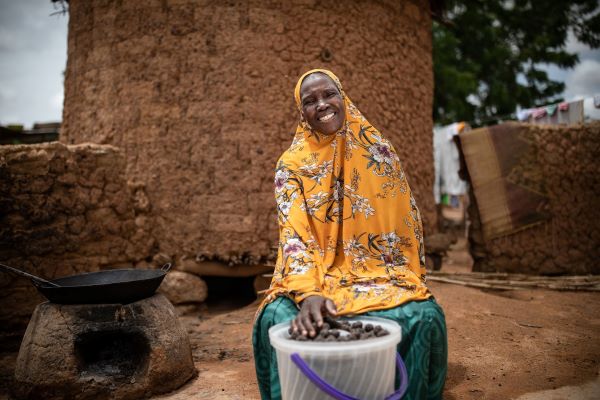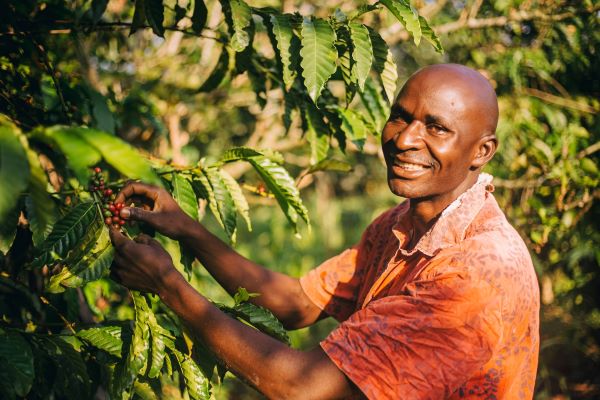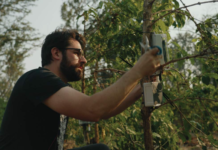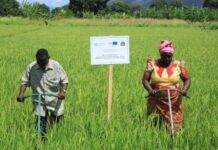Across the globe, the nonprofit promotes eco-friendly ag & food systems & practices
From training farmers in eco-friendly farming methods in Uganda to raising awareness about climate change in India, The Hunger Project (THP) is focusing on sustainability this upcoming World Hunger Day, to be held on May 28, 2023.
More than 345 million people across the globe are expected to be food insecure in 2023, more than double the number in 2020 before the COVID-19 pandemic. Additionally, around 14% of food produced is lost between harvest and retail, while an estimated 17% is wasted by retailers and consumers.

That’s why it’s important that this World Hunger Day, the world’s residents prioritize efforts promoting sustainable agriculture and food production, reduce food waste, and support local food systems. This year’s theme, “sustainability,” highlights the need to promote eco-friendly practices.
“Our food system is at an inflection point. Millions of people aren’t getting the calories and nutrients they need to live healthy lives, yet so much food is wasted. As a society, it is time for us to rethink the way our food systems feed the planet. It’s time to invest in strengthening local capacities to create food systems that are economically viable for farmers and producers; socially just for all members of society; and environmentally responsible in terms of land use, water resources, and climate impacts. Only with new investment in communities and farming today will we see an end to hunger in the future,” says Tim Prewitt, president and CEO of The Hunger Project.

Irene Naikaali, Country Director, The Hunger Project-Uganda says, “Almost one third of the people on our planet lack access to adequate nutrition. Food production is designed to meet the caloric needs of the growing population, at the expense of quality and nutritional needs to address both the macro and micro nutrient needs of people. In the end, this is contributing to increasing cases of malnutrition and stunting, especially among children and mothers. Sustainable food systems include diverse crops that support our planet’s biodiversity and build our resilience to climate change.”
As World Hunger Day nears, The Hunger Project is commemorating its sustainable practices across the world, including:
In Uganda, THP is working in nine districts where agro-ecological zones – referred to as epicenters – have been set up. To date, eight epicenters in Uganda are now self-reliant. Across the epicenters in Africa, community members create community farms, where they learn regenerative agriculture practices such as composting, intercropping, and drip irrigation to promote biodiversity, improve crop yields, restore soil fertility, and make the best use of scarce resources. In addition, community partners receive training on food processing to reduce food waste.
In India, workshops to build capacity are held to help mitigate climate change risks. THP and its community partners promote traditional knowledge and technology that is highly adaptable to changing climate conditions.
In Ghana and Malawi, THP works to increase access to agricultural technology. Through the Meaningful Access Initiative, women can access information and resources about sustainable farming techniques and markets that can help them improve their livelihoods and increase their yields.
In Mexico, Indigenous women leaders are confronting climate change head on by installing ecostoves to reduce deforestation and improve air quality. By doing this, they have made it possible for women and girls to enroll in school and take leadership roles in their communities instead of spending hours gathering firewood.









